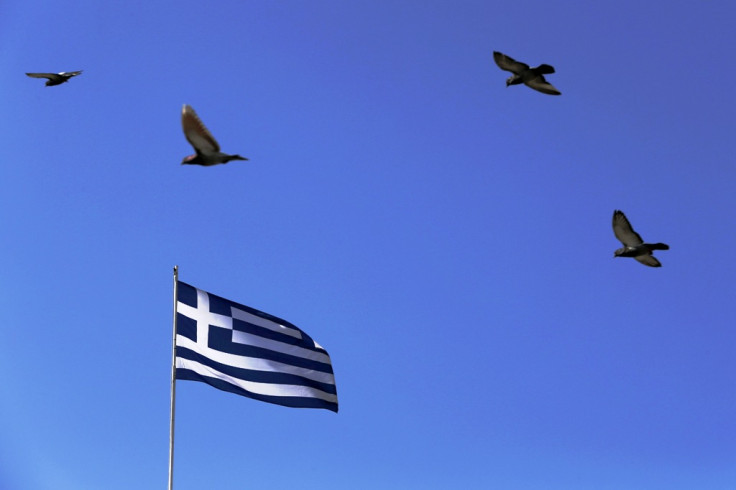Greece submits updated reform list to the EU to avoid default

Greece has submitted an updated list of economic reforms to the European Union (EU) in an effort to secure emergency financing and avoid a default.
The reforms include proposals to raise revenue by curbing tax evasion and corruption.
EU officials confirmed the new reforms list published by the Financial Times was genuine, but noted that it still needed work.
But eurozone officials said that Greece's international lenders -- the European Commission, the ECB and the IMF -- got the list too late on 1 April for it to be discussed by eurozone deputy finance ministers on Wednesday afternoon.
Reforms list
The 26-page document stated clearly that Greece considered itself a binding member of the single currency area, making clear it had no intention of exiting the eurozone or the EU.
It pegged the country's financing needs in 2015 at €19bn and said Athens expects to raise €1.5bn from the sale of state assets, instead of the €4bn envisioned by the agreement with the previous government.
Payment test
A payment of about €430m (£313m, $464m) to the IMF, due next week, could be the next financial test for Athens.
Greek Interior Minister Nikos Voutsis told Germany's Spiegel news magazine that Greece may not make the payment if it does not receive more financing by 9 April.
But government spokesperson Gabriel Sakellaridis, speaking to Reuters, denied that Greece would forgo IMF payments.
Earlier, Economy Minister George Stathakis, speaking to Skai TV, said he expected an agreement with lenders next week, on a package of reforms submitted by Athens to help unlock the remaining bailout funds.
Poker match
Eric LeCompte, executive director of the religious debt relief organisation Jubilee USA Network said in a statement: "This is a poker match between Greece, the IMF and the EU.
...This ongoing dispute is more evidence that we need a global bankruptcy process with clear rules
"The stakes are high with millions of ordinary people's lives on the table.
"This ongoing dispute is more evidence that we need a global bankruptcy process with clear rules," said LeCompte, an expert to UN finance working groups.
"Otherwise we're just gambling with people's lives."
Greece is the most heavily indebted country in Europe and the third most indebted in the world.
Eurozone leaders rejected a prior Greek reform plan over the weekend.
Greece's Syriza party vowed to end austerity measures and renegotiate the country's debt after winning national elections in January.
© Copyright IBTimes 2025. All rights reserved.






















